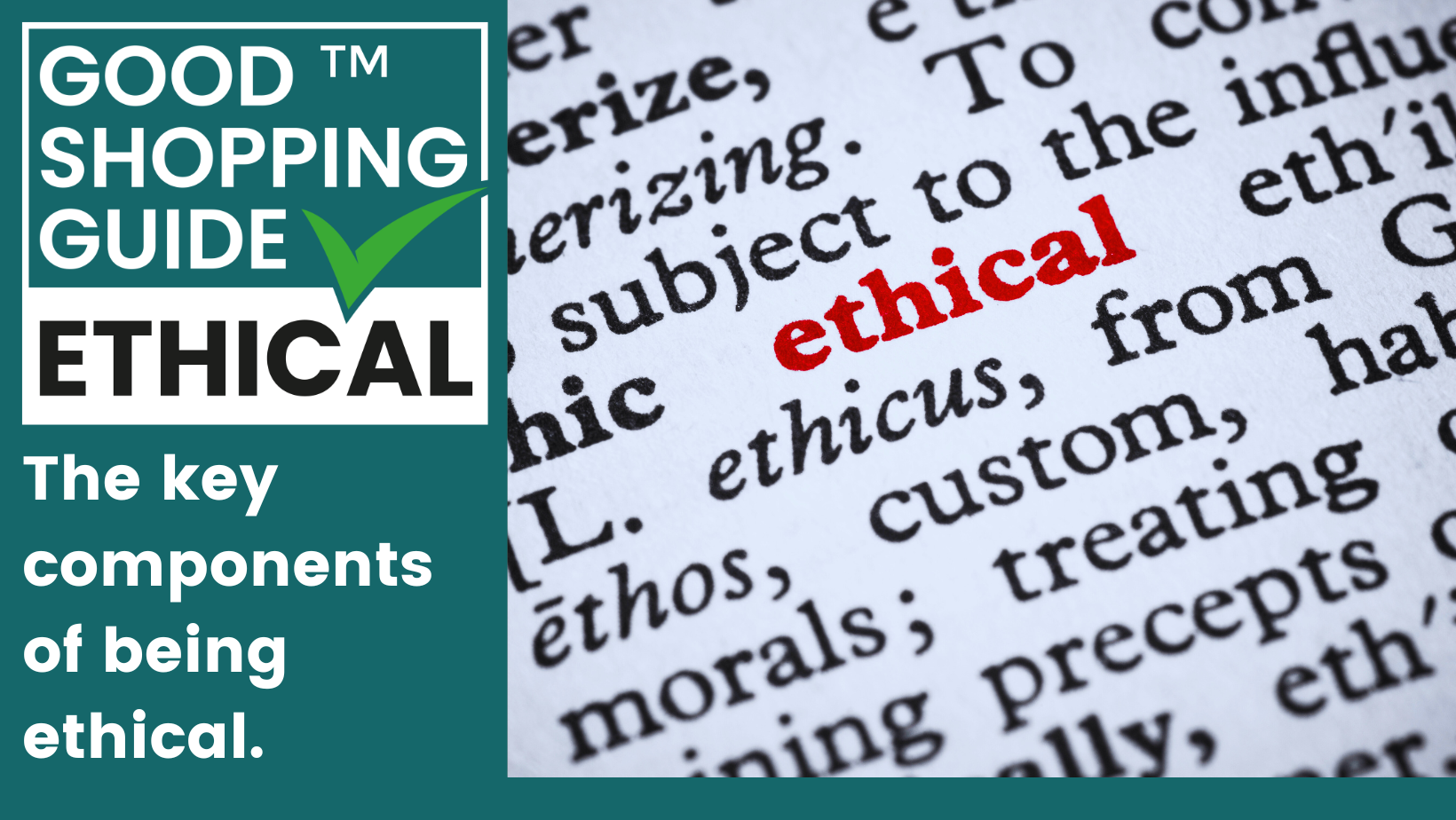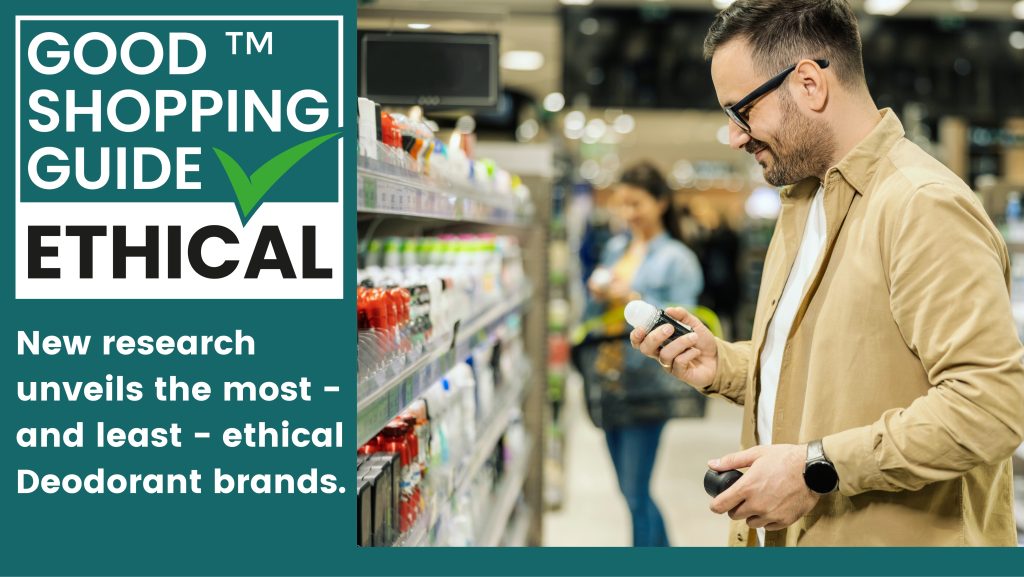What does being ethical mean?

A break down of Sustainability, Environmental Responsibility, Animal Welfare and Human Rights.
The word “ethical” gets thrown around a lot in today’s world, but what does it mean? Ethical practices touch on a range of important values, from how we treat the environment to how we handle the welfare of animals and people. Let’s break down some key components—sustainability, environmental responsibility, animal welfare and human rights – and how they all tie into the broader concept of ethics.
Sustainability: Future-Proofing Our Planet
Sustainability is all about meeting our current needs without compromising the ability of future generations to meet theirs. For businesses, this means finding ways to produce goods or provide services that don’t deplete natural resources or cause lasting damage to the environment.
Environmental Responsibility: Protecting the Planet
Environmental responsibility takes sustainability a step further by focusing on the direct impact businesses and individuals have on the natural world. This includes everything from reducing pollution and conserving water to protecting ecosystems and preventing deforestation.
Animal Welfare: Caring for Creatures, Great and Small
Animal welfare is another critical aspect of ethical behaviour. This means ensuring that animals are treated humanely and with respect, whether they are part of food production, research or used in other industries.
Human Rights: Ensuring Fair Treatment for People
Human rights are fundamental entitlements that belong to every person, irrespective of race, gender, nationality, ethnicity, language, religion, or any other characteristic. Businesses have a large part to play in protecting people and ensuring workers – directly or indirectly – are treated equitably.
Ethical Accreditation is the Umbrella That Covers It All
Truly ethical businesses, which consider the broader impact of their actions across all these areas, should have independent verification to articulate these brand values. It’s not just about doing one thing right but committing to a holistic approach where all decisions are made with the greater good in mind.
When you buy from a brand with Ethical Accreditation, you can be confident that sustainability, environmental responsibility, animal welfare and people have been considered every step of the way.
How to get Ethical Accreditation
It is awarded by The GOOD Shopping Guide and encompasses all these elements to help buyers identify brands that meet these high standards. Hundreds of the world’s leading ethical brands including Octopus Energy, Neal’s Yard Remedies, Charity Bank and Aviva have it already.
If you want to find out if your brand might qualify for Ethical Accreditation, fill in a Free Initial Assessment or contact our Publishing & Accreditation Director Annabel Wetton to arrange a meeting to discuss your business.
This is a part of a series written by Kat Alexander – one of the Directors of The Good Shopping Guide – to share important information about The Good Shopping Guide and its work supporting and promoting the best ethical companies.
Share
Related articles

How do Consumers find Brands that are GOOD for the Planet?
Independent research helps consumers identify ethical brands they can trust without guesswork or greenwashing concerns.

Which is the Most Ethical & Sustainable Deodorant Brand?
Explore how 28 leading deodorant brands perform on ethics and sustainability, from packaging impact to refillable innovations.

A Bite of Kindness: The Biskery achieves Ethical Accreditation
Discover how The Biskery sets new ethical standards in sustainable, personalised biscuit gifting.